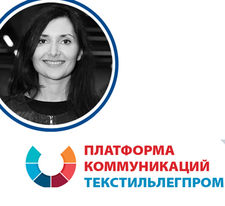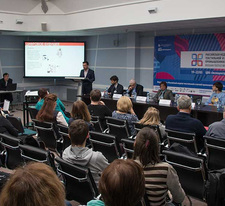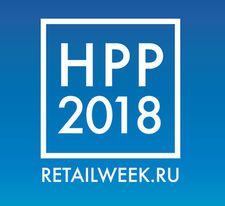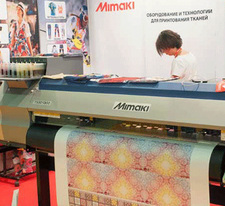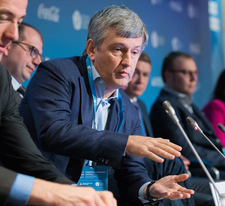From the digital Revolution to "ageism"
Continuation of the conversation about the impact of new technologies on work processes in the fashion industry with Maria Kelina, Senior Consultant, and Daria Tulubenskaya, partner of the company "Contact", InterSearch Russia.
– You mentioned Russian projects. Is it possible to say that the domestic industry has been seriously developing recently, which requires more personnel of the appropriate level?
MK: The government's policy on the development of domestic production gives positive results. The Russian light industry shows stable growth rates, especially in the categories of "workwear", "home textiles", "children's goods" and "shoes". There is information about the construction of new flax processing plants and the development of new alternative sources of raw materials, for example, technical hemp. Some Russian companies have increased the volume of domestic production by 3-5 times, but the share of domestic business at the same time remains quite low - only 2-3% of total production. Now such companies as Melon Fashion Group, YOURS, Bosco and others are turning to local production. Foreign companies – Inditex, Decathlon have not bypassed this trend either.
Etc.: As a result, we are seeing increased demand for production directors. Taking into account the fact that the industry is actively growing, and there are not so many competent managers in this segment, a real struggle is already underway for them. Alas, candidates do not linger in the production block, because the popularity of this sector is quite low: if people choose the fashion industry, they try to go into brand management and procurement. Plus, almost all the objects are not located in Moscow, which also complicates the task of searching.
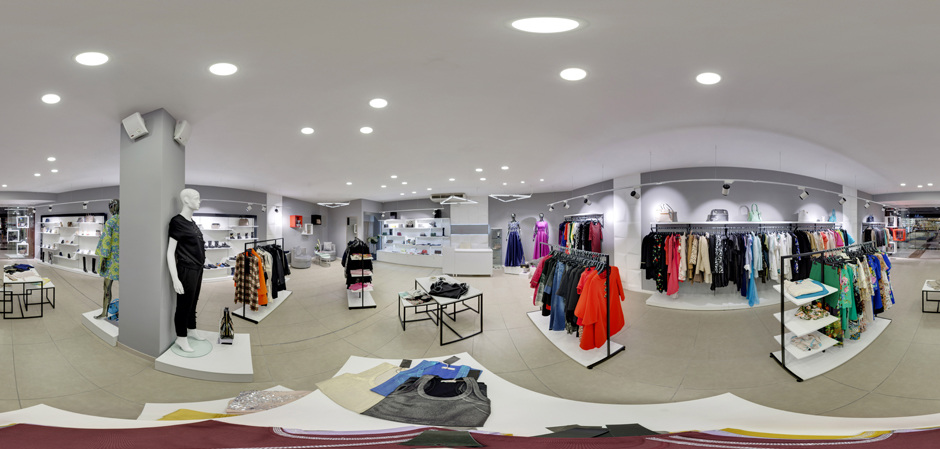
–What personnel changes could you mention?
MK: – Any change of the first person of the company inevitably leads to changes in the personnel composition, because often a different course of development is chosen.
For example, not so long ago, Vladimir Kholyaznikov left the position of CEO of KupiVIP, Sofia Coffman left Tom Tailor… After such transitions, changes are inevitable, because top managers come not only for money and tasks, but also to a specific person.
–What other important events in the market have affected the situation with personnel?
MK: The fashion market dictates new requirements. Modern technologies are being introduced everywhere, such as virtual storefronts, customized consultations, and the Internet of Things is conquering the world. In the near future, professions are possible, which we are just beginning to learn about now. For example, a Chief Data Officer is a person who will manage a team that collects and analyzes the entire array of data about customers, their preferences and other similar user experiences.
Now traditional retail and the e-commerce channel are experiencing a kind of internal confrontation. If the company's policy does not imply a competent separation of the assortment offline and online, then traffic is cannibalized: in simple words, this is a situation when a buyer came to the store to try on a jacket, and bought it on the official website or even on the partner's website for a thousand rubles cheaper. In general, retail has a great potential for using online space. According to the McKinsey report, the development of its own online stores (direct to consumer) is one of the key market trends. The state at the legislative level is trying in every possible way to restrict purchases on foreign websites. According to experts, the potential capacity of the e-commerce market, which can be developed in Russia, is 14%.
From the point of view of personnel, of course, we see a huge demand for Internet project managers, e-commerce directors, etc. Within our company, this trend even influenced the decision to create a separate e-commerce practice.

D.T.: The market is still very "overheated" in this direction, although in recent years the situation has begun to improve. If earlier candidates were outbid from project to project every year, or even more often, now these transitions do not play into their hands. Employers understand that to see the result, especially in the fashion market, you need to live at least a few seasons.
A bill on raising the retirement age is currently being considered. Is ageism common in the fashion market among top managers?
MK: We have to admit that ageism takes place. Now a rare client does not specify in the requirements for the candidate the age of 35–40 years maximum and is waiting to see «burning» eyes. The fact is that the market is aging one way or another. Recently, we often see a sad picture when a strong candidate, with outstanding victories, who has crossed the 49+ milestone, is desperately trying to find a job.
As consultants, we do our best to work with the client's ageism. First of all, a competency assessment helps, which allows you to assess the flexibility of the candidate, his willingness to change.
Of course, our Russian candidate 50+ and a similar candidate from the European market often differ in self-presentation and sense of life, in energy. But there are pleasant exceptions. In this case, we try to convince the client that the candidate's professionalism, together with his personal profile, will be a good investment in business, we insist on at least the first personal meeting. In general, it is easier to get a new job abroad in adulthood, compared to the situation in Russia. And this is a systemic problem that will take some time to solve.
The ending follows.
Photo: shutterstock




